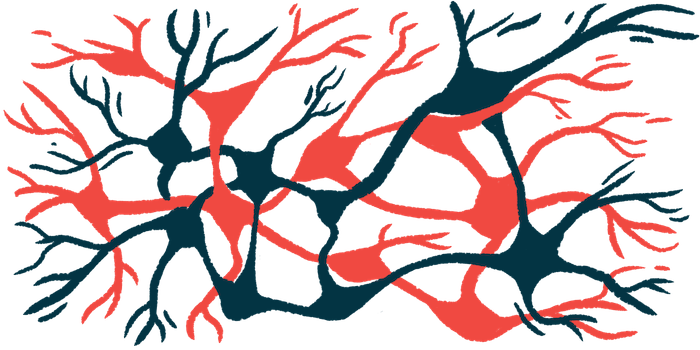Bit.bio launches human astrocyte product to help model brain
ioAstrocytes aims to advance research in neurological diseases like MS
Written by |

Bit.bio, a company that creates human-derived cell products, has launched a novel product called ioAstrocytes, which provides functional human astrocytes to help scientists model the brain and study neurological disease mechanisms or screen new drugs.
Astrocytes are star-shaped cells in the brain and spinal cord that provide support to nerve cells. They also are involved in many neurodegenerative diseases, including multiple sclerosis (MS). Thus, growing nerve cells alone in the lab might not be enough to accurately model the brain and understand disease mechanisms.
The new human astrocyte product may be used together with other cell models to study how different cells in the central nervous system — dubbed the CNS and comprised of the brain and spinal cord — interact and contribute to neurological diseases.
“We are excited to expand the universe of ioCells with ioAstrocytes and offer researchers worldwide access to the major cell types of the human brain,” Mark Kotter, MD, PhD, Bit.bio’s founder and CEO, said in a company press release. “We look forward to seeing how the neuroscience community will leverage this powerful toolkit to further our understanding of the CNS and develop much needed therapies for neurological conditions.”
New human astrocyte product adds to other Bit.bio CNS cells on offer
Astrocytes are involved in a wide range of central nervous system processes, including the regulation of nerve fiber growth and neuronal communication. They also play a role in the formation and stabilization of the blood-brain barrier, a membrane that keeps harmful substances, such as viruses, outside the brain.
Further, these cells also help to control immune responses and tissue repair. However, they often become abnormal in people with neurodegenerative conditions and contribute to further inflammation and damage.
Bit.bio’s ioAstrocytes are highly defined and functional human astrocytes, derived from induced pluripotent stem cells (iPSCs). iPSCs are derived from either skin or blood cells that have been reprogrammed back into a stem cell-like state, which allows almost any type of human cell to be developed.
By providing highly consistent cells with essential functional properties of human astrocytes, we’re unlocking novel ways for advancing neuroinflammation research, conducting in-depth neural network studies, and performing screening and toxicity assessments for potential therapeutics.
The product adds to multiple other kinds of CNS cells that are already offered by the company, including ioOligodendrocytes, ioMicroglia, and multiple types of nerve cells.
Oligodendrocytes are the cells that produce myelin in the CNS, while microglia are the immune resident cells in the brain; both cells types are involved in MS.
The astrocyte model recapitulates key features of human astrocytes, including their star shape, the expression of key markers, and essential astrocyte functions. By combining the four major CNS cell types — astrocytes, nerve cells, oligodendrocytes, and microglia — researchers will now be able to model brain complexity and understand how these cells interact and contribute to neurological diseases.
“By providing highly consistent cells with essential functional properties of human astrocytes, we’re unlocking novel ways for advancing neuroinflammation research, conducting in-depth neural network studies, and performing screening and toxicity assessments for potential therapeutics,” said Farah Patell-Socha, PhD, vice president of research products at Bit.bio.
